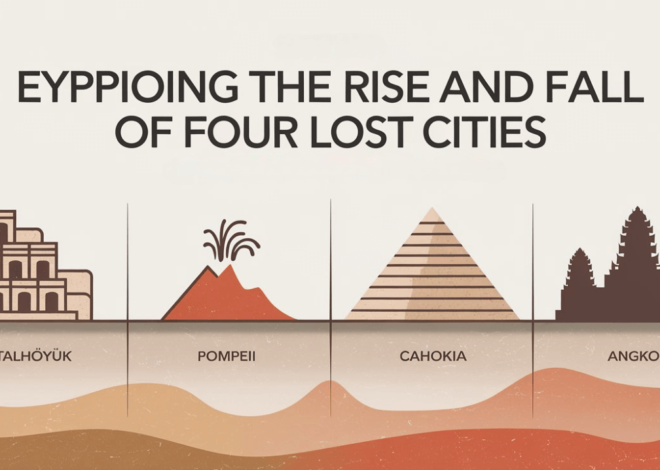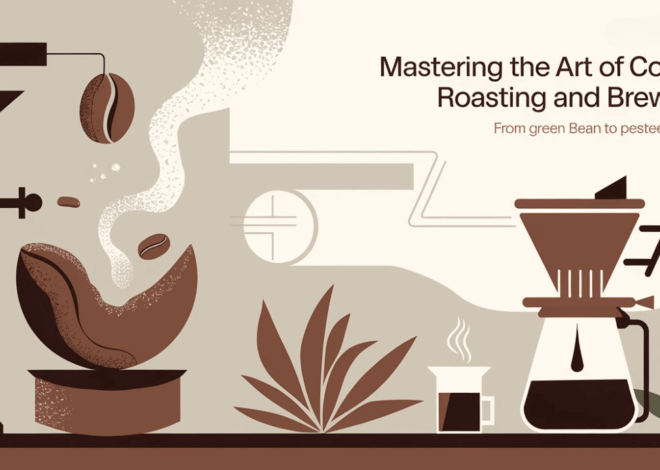
Fields Medalist Pierre-Louis Lions: Inside the Mind of a Mathematical Genius
Mathematical Roots and Unique Upbringing
Born in Grasse, France, in 1956, Pierre-Louis Lions inherited a rich mathematical legacy. His father, Jacques-Louis Lions, was a leading figure in mathematics and president of the International Mathematical Union. This intellectually charged environment laid the groundwork for Pierre-Louis’ future.
“Growing up surrounded by mathematics, Lions learned to see equations not just as problems but as opportunities to explore the unknown.”
Lions’ father employed unconventional teaching methods that pushed him to embrace independence and creativity. For example, at just four years old, he was tasked with navigating their dark garden alone, a symbolic exercise in overcoming fear. By nine, his problem-solving skills amazed even his stern father, who rarely showed emotion, when Pierre instinctively calculated the volume of a cylinder while chopping wood.
These early experiences echo stories of other mathematical prodigies, like Richard Feynman’s backyard scientific discussions with his father. Such lessons built a foundation of confidence, curiosity, and a passion for discovery.
A Renaissance Man in Mathematics
Lions’ brilliance extended beyond mathematics. An avid reader, he seamlessly transitioned between Tolstoy and Murakami, while his love for music encompassed The Beatles and contemporary rock. He also excelled in sports, maintaining a balanced intellectual and physical life—a trait shared by other polymaths like Alan Turing and Albert Einstein.
“Lions reminds us that creativity thrives at the intersection of disciplines.”
This multifaceted approach not only enriched his personal life but also influenced his work, enabling him to draw from diverse fields and apply cross-disciplinary insights to mathematical problems.
Revolutionizing Mathematics Education
A Storytelling Approach to Mathematics
One of Lions’ most revolutionary ideas is his belief in storytelling as a teaching tool. He argued that every mathematical concept contains a narrative that makes it accessible. This approach parallels the work of American mathematics writer Martin Gardner, who popularized complex ideas through engaging stories.
“Mathematics isn’t about memorizing formulas—it’s about unraveling stories hidden within numbers.”
Lions advocated for turning abstract concepts into tangible lessons, much like Khan Academy’s visual approach. His method not only reduces math anxiety but also fosters a deeper appreciation for the subject among students.
Breaking Boundaries in Education
Long before interdisciplinary studies became a trend, Lions proposed a dual-major program in mathematics and computer science at École Normale Supérieure. This groundbreaking initiative mirrored the curriculum of today’s top universities, blending theoretical and applied sciences to prepare students for real-world challenges.
He also championed “Learning by Teaching,” an educational approach that reinforces knowledge through mentorship and collaboration. This method aligns with modern pedagogical theories that emphasize the importance of active engagement in learning.
Game-Changing Contributions to Mathematics
Viscosity Solutions Theory
Lions’ work on viscosity solutions revolutionized image processing. During the 1992 Los Angeles riots, his methods enabled FBI analysts to enhance grainy surveillance footage, identifying suspects with unprecedented clarity. Today, this technology is a cornerstone in law enforcement and space exploration, including NASA’s Mars rover imaging.
Mean Field Game Theory
Inspired by traffic patterns at Paris’s Place Charles de Gaulle, Lions co-developed mean field game theory, which models the behavior of large groups. This groundbreaking framework optimized traffic flow in New York’s Times Square and transformed financial market analysis. Wall Street firms like Goldman Sachs now use his theories to predict market trends and manage risks.
The Boltzmann Equation
Lions’ solutions to the Boltzmann equation bridged theoretical mathematics and practical physics, paving the way for advancements in fluid dynamics and aerospace engineering.
Real-World Impact: Lions’ contributions exemplify the transformative power of applied mathematics, from improving urban traffic systems to advancing artificial intelligence algorithms.
The Legacy of Pierre-Louis Lions in AI and Big Data
In an era defined by big data and artificial intelligence, Lions’ theories are more relevant than ever. His contributions provide the foundation for machine learning algorithms, autonomous vehicle traffic predictions, and financial risk management tools. Like Alan Turing, Lions demonstrated how abstract mathematical concepts can drive technological revolutions.
“Lions’ work reminds us that mathematics isn’t confined to academia—it’s a key to understanding and shaping the future.”
Key Takeaways
- A Unique Upbringing: Lions’ childhood experiences fostered independence and creative problem-solving skills.
- Innovative Education: His storytelling approach and interdisciplinary curriculum reform have reshaped how mathematics is taught.
- Groundbreaking Theories: From viscosity solutions to mean field game theory, Lions’ work has had a profound impact on fields ranging from law enforcement to AI.
Conclusion: Redefining the Role of Mathematics
Pierre-Louis Lions’ life and work illustrate the limitless potential of mathematics. His ability to merge theory with real-world applications has not only transformed the field but also inspired a new generation of thinkers.


